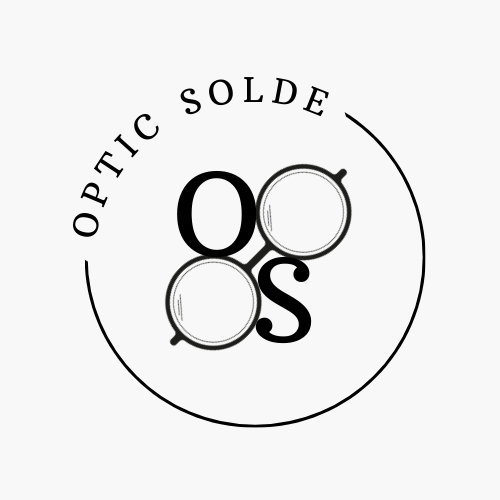Protecting Your Eyes from Digital Devices: The Importance of Specialized Lenses
In this digital age, it has become increasingly common for individuals to spend extended periods of time staring at screens, whether it be for work or leisure. As a result, concerns about the impact of digital devices on eye health have risen. However, there are ways to mitigate the potential harm to our eyes, one of which involves using specialized lenses. This article will discuss the importance of these lenses in protecting our eyes from digital devices and provide practical tips for safeguarding our eye health.
1. The Effects of Digital Devices on Eye Health:
Constant exposure to digital screens can cause various eye-related problems. One common issue is digital eye strain, also known as computer vision syndrome (CVS), which is a cluster of symptoms including dry eyes, blurred vision, headaches, and neck and shoulder pain. The blue light emitted by digital devices is believed to contribute to these symptoms. Furthermore, studies have shown that prolonged exposure to blue light can disrupt our circadian rhythm, affecting sleep patterns and overall well-being. Given these potential adverse effects, taking necessary precautions becomes imperative.
2. The Importance of Specialized Lenses:
Specialized lenses designed specifically for digital devices can provide significant protection against the harmful blue light emitted by screens. These lenses are often coated with a blue light filter that reduces the amount of blue light reaching our eyes. By minimizing exposure to blue light, these lenses not only alleviate digital eye strain symptoms but also help maintain our overall eye health. Additionally, specialized lenses are also designed to provide sharper and clearer vision when using digital devices, ensuring a more comfortable and enjoyable screen viewing experience.
Practical Tips for Safeguarding Eye Health:
– Wear specialized lenses: Invest in glasses or contact lenses with blue light filter coatings. These specialized lenses can be worn while using digital devices to minimize the harmful effects of blue light on the eyes. Consult an optometrist or an eye care professional to determine the best type of lenses for your specific needs.
– Take regular breaks: Engaging in extended screen time can strain our eyes and lead to discomfort. To alleviate this, follow the 20-20-20 rule – every 20 minutes, take a 20-second break and focus your vision on an object at least 20 feet away. Such breaks allow our eyes to relax and prevent eye strain.
– Adjust screen settings: Most digital devices offer various display settings that can reduce the blue light emitted. Adjust the screen settings to lower the amount of blue light, making it less harsh on the eyes. Consider turning on the device’s night mode or using specialized software applications that can filter blue light.
– Maintain proper lighting: Avoid using digital devices in dimly lit rooms or areas with harsh lighting. Optimal lighting conditions can reduce eye strain. Position your screen in a way that minimizes glare from external light sources.
– Practice good ergonomics: Ensure that your screen is at eye level and positioned at an arm’s length away. Adjust the font size and contrast settings to make the text more legible. This ergonomic setup reduces the strain on your eyes and prevents discomfort.
In conclusion, protecting our eyes from the potential harm caused by digital devices is crucial in maintaining good eye health. Using specialized lenses designed to minimize blue light exposure can greatly alleviate digital eye strain symptoms and enhance our comfort while engaging with screens. Alongside wearing these lenses, applying practical tips, such as taking regular breaks and maintaining proper lighting, will further safeguard our eye health in this technology-driven era. Remember, prevention is key, and prioritizing eye care is essential to enjoy the benefits of digital devices without sacrificing our vision.
